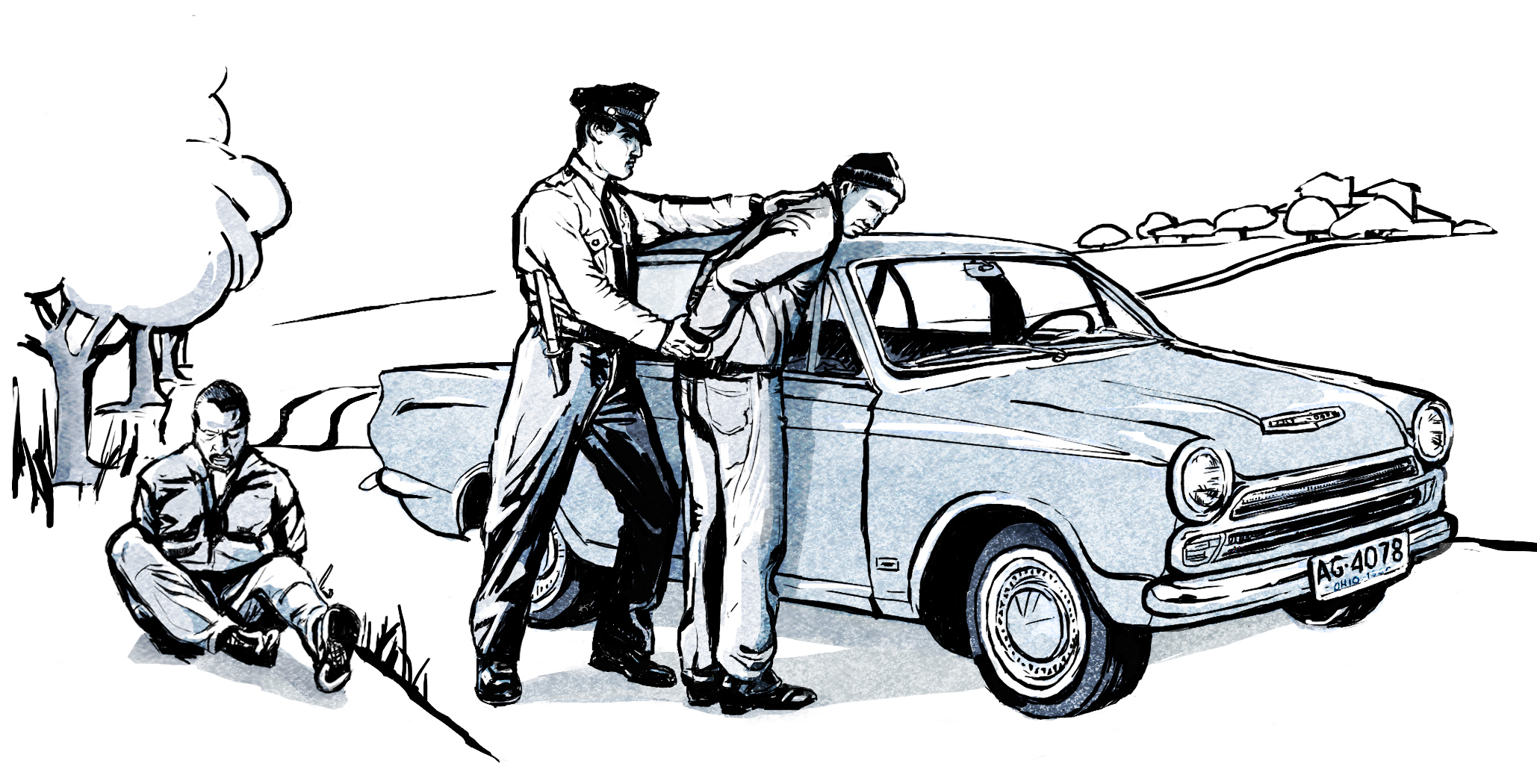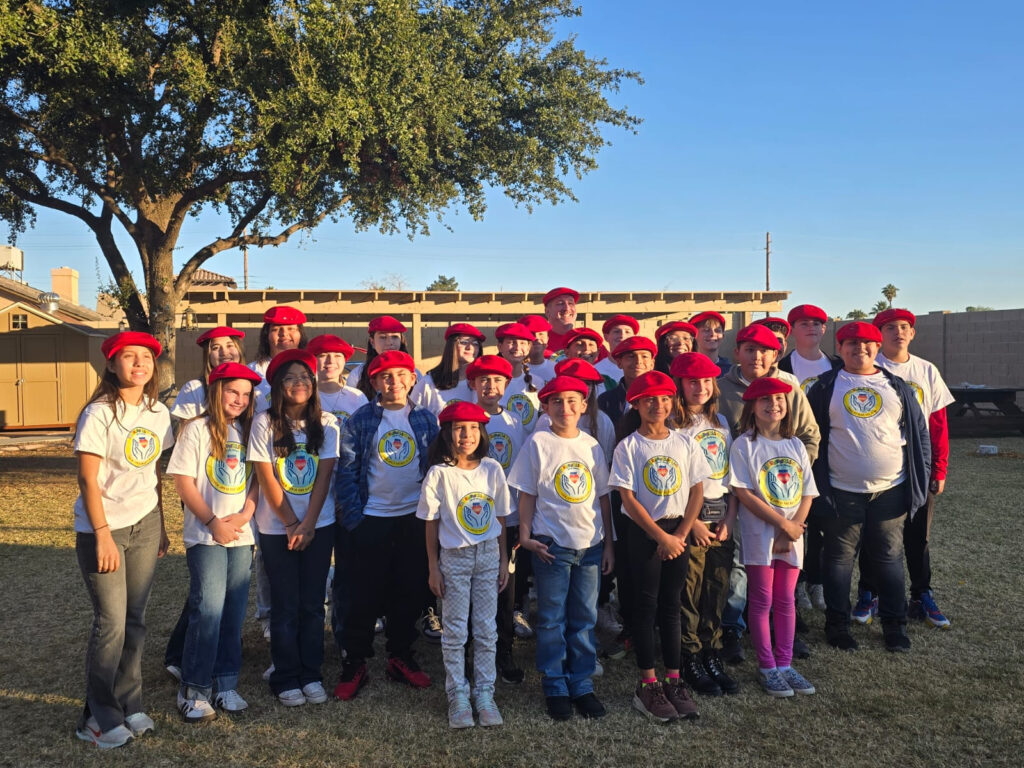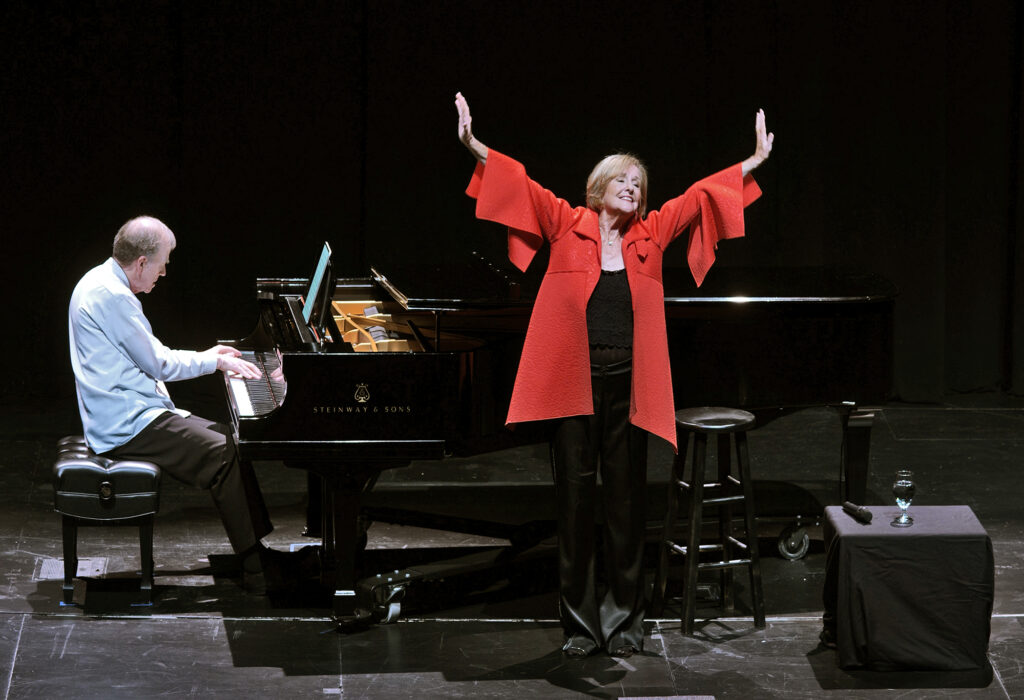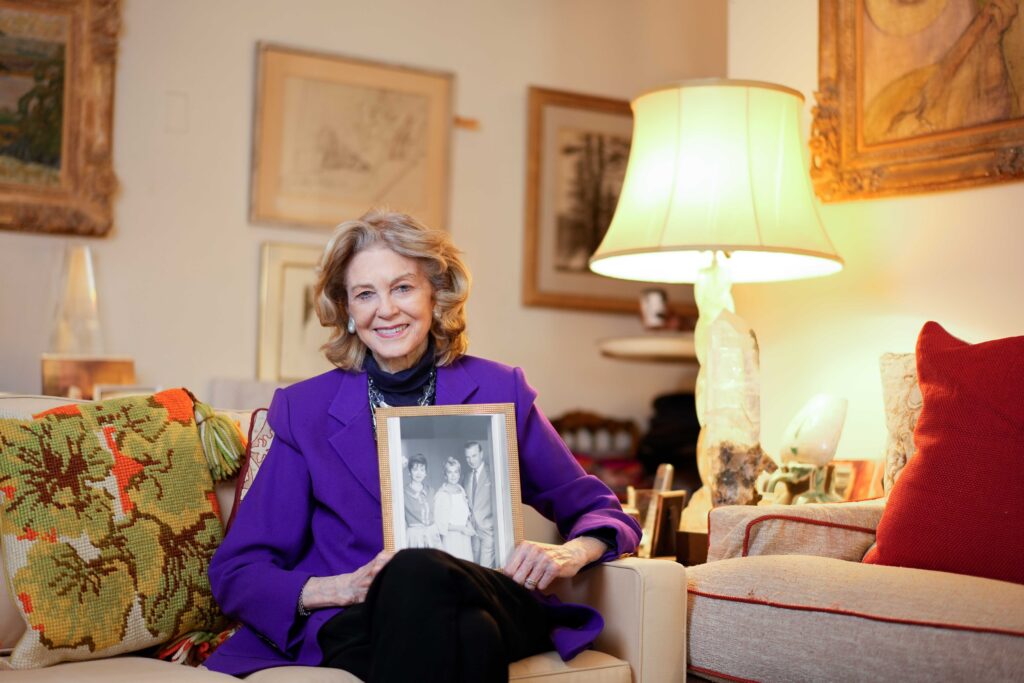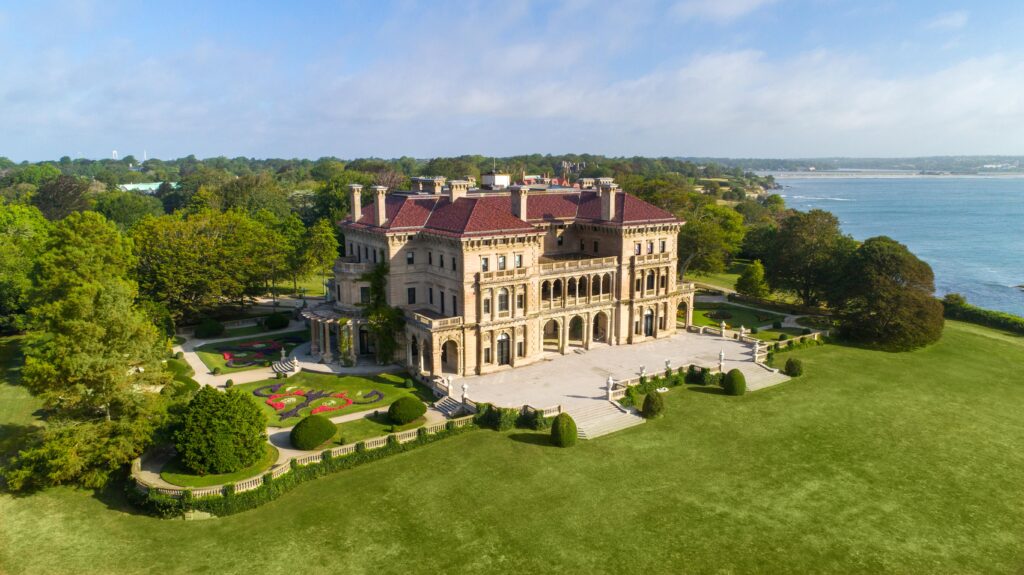It was nighttime in Sherrodsville, Ohio, August 1960. A car drove up to a house and parked. Two police officers got out and walked up to the front door. A woman appeared. The men asked if she knew the whereabouts of the notorious thief, jail-breaker, and FBI’s most-wanted at the time: Spunky Firman. She replied no. One officer tipped his hat and started walking back toward the car.
Her response must have been a hesitant “no,” or there must have been some other tip-off, because my cousin Chuck (son of my great-uncle), the other police officer, just deputized a few hours before for the manhunt, knew that it was his duty to search the house. He proceeded to do so. He walked upstairs and came upon a bathroom. Out sprang a man with a hand-held sickle. Out came Cousin Chuck’s gun. The sickle struck Chuck’s hand; the bullet hit Firman’s knee. So ended a manhunt that began a month earlier, when Spunky Firman had escaped the Coshocton County Jail. At the same time, something else began: a family legend that encapsulated what a great man my cousin was.
When Charles Amato died a few years ago, his son Nick made a very similar point by bringing this incident up. He mentioned the public recognition Charles Amato received for his bravery: a commendation from the then-FBI director himself, J. Edgar Hoover. Then, Nick mentioned how he had asked his dad years later where the citation was. Cousin Chuck, sitting down at his desk in the real estate office where he worked part-time, probably drinking coffee and smoking—things he enjoyed doing when not catching criminals—shrugged his shoulders and said, “You can go and get it, but that stuff doesn’t matter. It’s the people you serve.” Spoken like the policeman he had become—better yet, spoken like the man he already was when he caught Firman.
Chuck’s life was a rich picture of other virtues and acts of service. He attempted to join the police force full time soon after he made national headlines for catching Firman. One would expect that the police of Wellsville, Ohio, would welcome a man who had proven his bravery. But they did not, because of a strange fact that is now little recognized or remembered: There was serious ethnic tension between Irish and Italian Americans in those days, and cousin Chuck was Italian, while the mayor was Irish. For the first couple years of his service, Chuck walked the worst beats and took on the lowliest jobs in the department, all because of his ethnicity. He took this position because he took seriously the idea of putting service first. Eventually, he did move up in the police force, becoming a police captain.
There is one story that particularly illustrates his complete embodiment of what a police officer should be. He once arrested a mother, nicknamed “Tootsie-Dootsie,” at a nightclub, because she had left her four young children in the car. Afterward, he took the kids to Johnny’s Lunch for a meal and bought them shoes at Russell’s Store and some jeans. “Protect and serve” seems to be a motto that particularly fits this policeman. He displayed all the virtues most necessary: perseverance, bravery, unselfishness, and attentiveness.
It seems only fitting to cap off the description of a man who treated everyday life as an adventure with one more story: As mentioned above, Cousin Chuck had to literally walk the worst beats at the beginning of his career. His police chief would not even give him a car; instead, he was dropped off at remote locations to walk lonely country roads.
One day, there happened to be a festival in Wellsville: It was August 16th, the feast of St. Rocco’s. It is an important day for Italian Americans, and Wellsville had a fair share of Italian Americans, so it was a day of celebration for townspeople. One Italian American citizen who was not celebrating, however, was cousin Chuck, since he was out walking his country beat.
Meanwhile, two thieves decided it was the perfect time to rob a bank. The robbery went smoothly, and the getaway was going just as well. They were miles ahead of pursuit by the time the police radio dispatch went out.
Then, they turned onto the very country road that Cousin Chuck was walking along. Chuck had been listening to his radio. He had no car, but he had a feeling the very road he was walking on would be perfect for the culprits: a little-traveled country road that could get one to a lot of different places. He set up a makeshift barrier of brush, hid himself in the trees, and proceeded to stop and search every car that came by.
The robbers were not ready for either the barrier or for a lone cop to appear out of the woods, gun held ready. And so, in this manner, two armed robbers in a vehicle were stopped by a lone policeman aided only by his feet and his quick thinking. He was a hero again—or rather, just continued to be the hero he already was.
From April Issue, Volume 3

